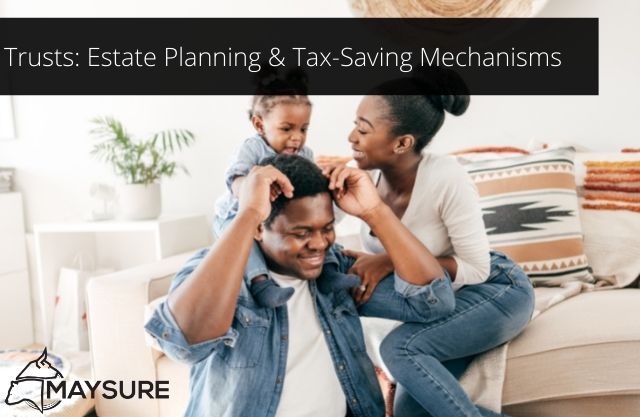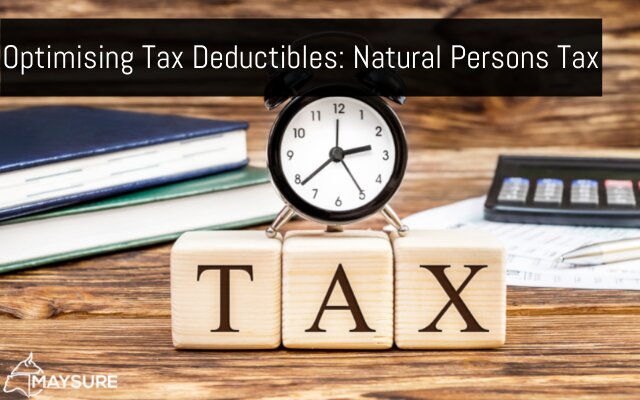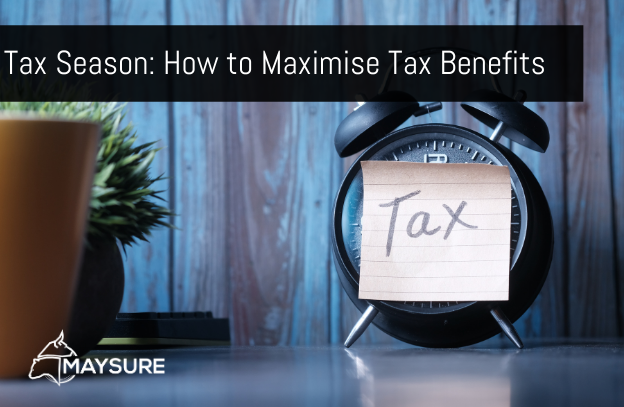Exploring the Value of Allan Gray Tax-Free Investments
As we continue our journey into the world of Tax-Free Investment Accounts (TFIAs), we turn our focus to one of South Africa’s most respected investment firms, Allan Gray. At Maysure Financial Services, we pride ourselves on guiding our clients through the complex landscape of investments, ensuring they make informed decisions that align with their financial goals. In this blog we’ll highlight the benefits of Allan Gray’s tax-free investments and emphasise the importance of having a knowledgeable advisor by your side.
Why Consider Allan Gray for Your Tax-Free Investments?
1. Comprehensive Tax Benefits
Allan Gray’s Tax-Free Investment Account allows you to invest in unit trusts and enjoy significant tax savings on your investment returns. You pay no tax on the growth of your investment, whether it comes from interest, dividends, or capital gains. This is particularly advantageous over the long term, as the tax-free growth can compound significantly, enhancing your wealth accumulation.
2. Estate Planning Advantages
For those considering estate planning, Allan Gray offers substantial benefits. Upon your passing, your investment can be paid to your beneficiaries immediately without incurring executor fees. This feature simplifies the estate settlement process and ensures that more of your wealth is transferred directly to your loved ones.
3. Proven Investment Expertise
When you choose Allan Gray, you benefit from their extensive investment expertise and proven philosophy. Allan Gray carefully manages your chosen unit trust investments, aiming to build long-term wealth. Their flagship product, the Allan Gray Tax-Free Balanced Fund, is designed for steady, long-term capital growth, making it an ideal choice for tax-free investment accounts.

Maximising Your Investments with Professional Guidance
While the benefits of Allan Gray’s tax-free investments are clear, navigating the specifics and making the best choices can be complex. This is where the expertise of Maysure Financial Services comes into play. As your financial advisor, we offer several key advantages:
1. Personalised Investment Strategies
No two investors are the same. At Maysure, we understand that each client’s financial journey is unique. We take the time to listen to your goals, assess your financial situation, and tailor investment strategies that suit your specific needs. Whether you are looking for steady growth, high returns, or a balance of both, we can help you select the right Allan Gray unit trusts.
2. Ongoing Monitoring and Adjustments
The financial market is ever-changing, and your investment strategy should evolve with it. We continuously monitor your investments, ensuring they remain aligned with your goals and making adjustments as necessary. This proactive approach helps to optimise your returns and manage risks effectively.
3. Holistic Financial Planning
Investing is just one aspect of your financial plan. At Maysure, we provide comprehensive financial planning services that consider all facets of your financial life. From retirement planning and tax strategies to estate planning and risk management, we ensure that your investments are part of a broader, cohesive financial strategy.

The Importance of an Advisor
Investing in tax-free accounts, especially with reputable firms like Allan Gray, can be highly beneficial. However, the expertise and personalised advice of a financial advisor can significantly enhance these benefits. At Maysure, we ensure that you not only understand your investment choices but also make decisions that will yield the best possible outcomes for your financial future.
Conclusion
Allan Gray offers robust tax-free investment options that can greatly benefit long-term investors. By partnering with Maysure Financial Services, you gain the advantage of tailored advice, strategic planning, and continuous support. Together, we can help you navigate the complexities of tax-free investments and achieve your financial goals with confidence.

































